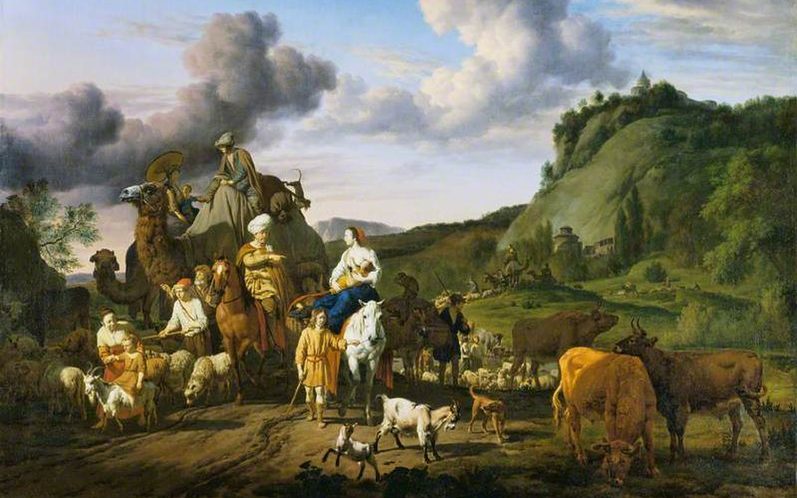
Looking Beyond Bulgaria: Fiscal Stability of the Baltic States
BY
IME / August 22, 2023
In recent months, the topic of budget deficits has taken center stage in heated debates among economists and politicians, garnering significant attention in the media. In April, the caretaker government proposed a budget with a notable deficit of 6.1% of GDP for 2023. In June, Finance Minister Asen Vasilev proposed a new budget with a negative balance of 3%, which is right at the limit for fiscal stability as set in the Maastricht criteria of the European Commission.






